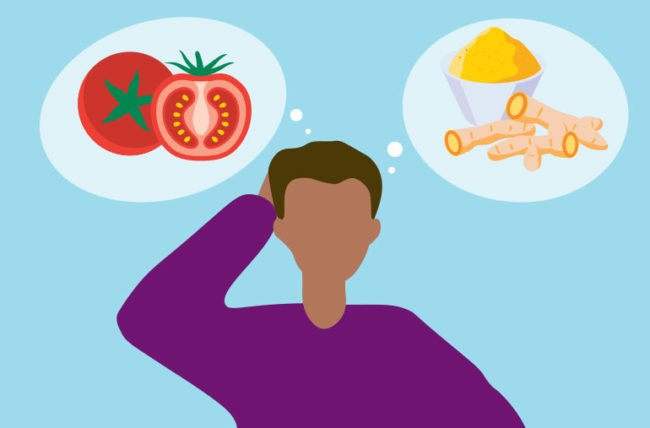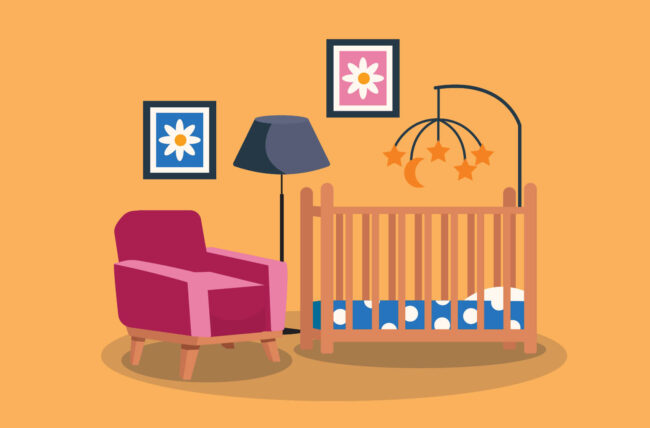You’ve probably spent hours searching the internet to find answers if you have been diagnosed with low testosterone. Your testosterone decreased because you drank alcohol for years? Smoking cigarettes can cause low testosterone. Was it that soccer kick you received to the groin? You may be worried about your low testosterone being caused by a vasectomy, or masturbation.
There are a lot of myths about low testosterone. (hypogonadism). Lawrence S. Hakim MD , urologist, dispels myths about low testosterone and answers some of your burning questions.
Does masturbation lower testosterone?
We’ll address this myth directly: No, hypogonadism does not result from frequent masturbation. And masturbation has no long-term effect on testosterone levels. In terms of short-term effects however, there is still a need for more research, as many studies appear to contradict one another.
The hormone testosterone is directly linked to your sexual drive and performance. Therefore, any sexual activity you engage in — whether by yourself or with your partner — will temporarily boost your levels of testosterone before they return back to normal levels following orgasm. In one study, testosterone levels in men were slightly higher after three weeks of abstinence. Another small study found that masturbation prior to strength training could give a longer boost in testosterone and help with muscle growth. However, more research is required.
There is no scientific proof that masturbation and sexual activity have a negative effect on testosterone over the long term. You can rest assured that it will not affect your testosterone level in any way.
Does a vasectomy lower testosterone?
You may have been thinking about a vasectomy, but you aren’t ready to make a decision because of side effects. You may have already had a vasectomy and are wondering Did my vasectomy cause my low testosterone? No matter where you are in your journey to understand this simple, and possibly reversible, procedure you should be aware that a vasectomy has no impact on testosterone levels.
Dr. Hakim says that people may mistakenly believe a vasectomy is a testicle removal. In fact, you are performing a procedure designed to stop the flow of the semen from the tests to the urethra. “A vasectomy does not affect testosterone production.”
Does soy lower testosterone?
Relax. Relax. You don’t need to reduce your triple-shot, iced espresso macchiatos in soymilk (unless you are worried about caffeine effects on your overall health).
Soy is an edamame-based plant protein that can be found in tofu, whole beans, and many baked goods. There have been long-standing rumors about soy lowering testosterone and increasing estrogen levels. A healthy diet is able to affect your testosterone in the sense that it optimizes your body to perform various biological functions. An increased Body Mass Index can also be linked to low levels of testosterone. The research on the effects of soy on testosterone levels is conflicting.
A study conducted in 2007 on 12 men aged 25-47 found that soy protein consumption over a period of four weeks resulted in a reduction of testosterone. The levels returned to normal after 2 weeks when the soy powder was stopped.
But Another study that analysed findings from 41 peer reviewed reports published between 2010 and April 2020 revealed there were no significant impacts on testosterone levels due to soy or phytoestrogens.
While it may appear that eating too much soy can have a minimal impact on testosterone levels in the short term, consuming edamame will not cause you to lose your testosterone reserves, or even lead to erectile problems.
Does drinking alcohol or smoking lower testosterone levels?
This one is more nuanced. Smoking has been shown to lower testosterone levels. However, there are contradictory studies. In a 2021 Egypt study, serum testosterone levels were lower in smokers compared to nonsmokers. The study confirmed previous studies that showed a significant drop in testosterone levels between smokers and nonsmokers. Researchers have hypothesized, although the exact mechanism of smoking’s effect on testosterone is not known, that it lowers levels because Leydig cells, responsible for testosterone production, are damaged.
Other studies found that smokers had higher testosterone levels. Researchers have come up with several theories, including that the increase in testosterone levels may be due to smokers’ increased levels of sex hormone-binding protein (a protein which binds testosterone and controls what your body can use).
Although the exact mechanism behind elevated testosterone levels is unknown, some believe that the temporary increase or “false-elevation” of testosterone levels caused by smoking could mask undiagnosed low testosterone.
Smoking can have a negative impact on your erectile functions due to damage done to your blood vessels, and atherosclerosis. Smoking can damage your heart and lungs.
“Smoking has a direct or indirect effect on sexual health and general health,” Dr. Hakim says.
Alcohol also has a similar effect — it not only reduces testosterone levels, but can also cause your libido to drop and create a variety of other issues which put additional stress on your system. Alcohol abuse can damage the Leydig cell in your testes. It may also interfere with hormones that influence testosterone production.
You should, in general, engage in activities that encourage a healthy lifestyle. This will reduce the stress your body has to deal with. Any activity that promotes a healthy lifestyle will benefit your biological functions like testosterone production and other hormones.
Dr. Hakim says that anything that has a negative impact on overall health can lower testosterone levels. Smoking and excessive alcohol consumption are factors you can control. You want to eliminate them or reduce their impact significantly.
Does titanium dioxide lower testosterone?
The topic of titanium dioxide is controversial at the moment. This fine mineral powder, which is white in color, is used to make a wide range of products, from toothpaste and sunscreens to food colorings, plastics, and cosmetics. This inorganic compound provides a brighter, whiter pigment for products. The U.S. While the U.S.
What does titanium dioxide do to testosterone levels? We don’t yet know enough. One small-model study found that titanium dioxide decreased testosterone synthesis. However, more research is required to understand how titanium dioxide impacts testosterone levels in human beings. researchers recommend limiting intake of titanium dioxide until we learn more.
What other factors can affect testosterone levels?
What exactly causes testosterone levels to fall?
Healthy testosterone levels for adult men or people who were assigned male at birth ( AMAB) range between 250 nanograms/deciliter (NG/dL). Levels below 250-300ng/dl are usually considered low, or ‘hypogonadal’.
“There are a number of factors that can affect testosterone production, and men who have hypogonadism may present with varying signs or symptoms,” explains Dr. Hakim. It is crucial to know the cause of hypogonadism so we can treat it.
The hormone androgens is responsible for puberty and the development of sexual reproduction system. It also affects your reproductive ability. All genders produce testosterone, but low levels can cause a variety of side effects, including:
- Reduced muscle mass.
- Increased breast tissue.
- Loss of strength
- Sudden weight loss.
- Irritability.
- Mood swings.
- Reduced libido.
- Erectile Dysfunction.
- Fatigue.
- Lack of motivation
- Anxiety.
- Depression.
Dr. Hakim says that the symptoms of low-testosterone can be similar to those women experience as they enter menopause. These symptoms may include hot flushes, facial hair loss, or even loss of bone mass.
The causes of low levels of testosterone are divided into two groups: primary hypogonadism, which involves testicular injuries; and secondary hypogonadism, where your body doesn’t produce enough testosterone due to interference from the hypothalamus or pituitary.
Men who have low testosterone and the associated symptoms and signs are also at risk of a similar clinical scenario. This syndrome differs from either primary or secondary hypogonadism, as it can have both elements. This syndrome is known as adult-onset Hypogonadism by the Sexual Medicine Society of North America because it affects middle-aged men and older men.
Primary Hypogonadism
This is a primary hypogonadism that can be caused by a testicular dysfunction or injury. These causes may be genetic, or acquired in later life by viruses or bacteria. direct injury and other methods like chemo or radiation.
“Primary Testicular Failure is Usually Due to a Problem Within the Testicles” says Dr. Hakim.
Secondary Hypogonadism
Secondary hypogonadism occurs when your testicles are normal but cannot produce enough testosterone. This is due to the hypothalamus or pituitary. Your hypothalamus, located in your brain and pituitary endocrine gland regulate hormone production. The causes of interference or disruption can also be Genetic or acquired in later life through lifestyle or other conditions. The most common secondary hypogonadism causes include:
- Head or brain trauma.
- Kidney Failure.
- For prostate cancer, you can use estrogens or androgen synthesises inhibitors.
- Alcohol Use Disorder.
- Elevated Body Mass Index.
- Low fat diets.
- Type 2 diabetes .
- Sleep Apnea .
- Environmental toxins.
When should you see a doctor
It can be difficult to understand your low testosterone diagnosis or hypogonadism. But once you have sorted through the misinformation, and spoken to your doctor, you will find that there are a variety of treatments available to help you restore your testosterone and get you started on the road to recovery.
It’s never too soon to consult your doctor if you have any symptoms such as fatigue, low energy, lack of libido, or you are concerned about your testosterone levels.






















